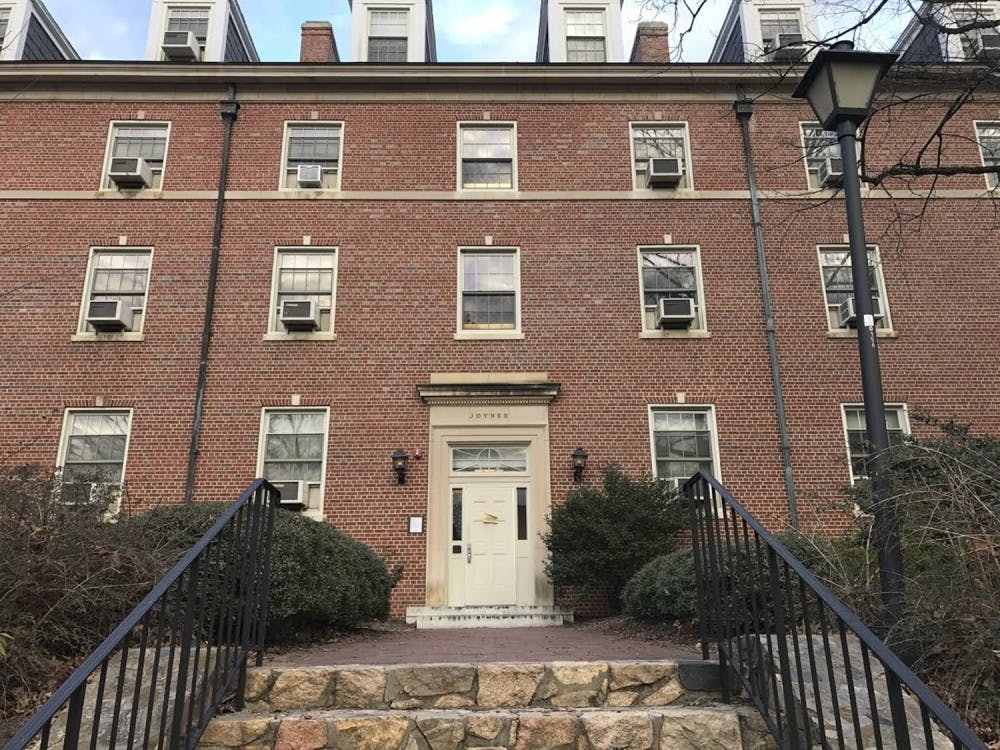If you’ve lived in an on-campus dorm, you’re probably familiar with Carolina Housing’s unique brand of scammery.
They reel in eager first-year students with the promise of a community-oriented atmosphere and on that note, they certainly deliver. Students are unified by distance, but more often, however, by a shared disgust for unpleasantly scented common rooms and chronic ladybug infestations (this sounds cute in theory — it isn’t).
Air conditioners that release loud and unpredictable ticking noises have created a groundbreaking form of auditory waterboarding, minus the water. This unique method of psychological torment should be reserved for criminals of the worst offense, not college students.
Between obsessively calculating the lowest grades we can get on our midterms while preserving our fragile GPA's and trying to keep track of which of Davis Library’s bathrooms carry the least amount of toxic waste, we face enough psychological torment as it is!
One of this University’s most valuable attributes is the way it directs students towards continuous self-improvement. It seems that University officials have chosen to apply this value towards internal efforts, too, but almost exclusively sports-related ones.
The state of last year’s soccer fields was deemed abhorrent enough to warrant a complete renovation, and the football training facility currently being built behind Teague Hall is sure to be the thing that propels us towards a successful season, right? (That, ladies and gentlemen, is the tea). All this is to say that the constant construction, which begins promptly at 7 a.m., renders sleeping-in nearly impossible, much to the dismay of those of us who spent hours meticulously planning for our weekly schedules to begin after 12 p.m.
According to UNC’s Admissions Ambassadors, the number of students who live on campus decreases by year. First-year students are required to live on campus, fewer sophomores opt to stay, and even fewer juniors and seniors stick around.
These patterns are understandable, given the aforementioned loud and crusty circumstances, but they also play a significant role in the development of Chapel Hill’s housing crisis. Student rentals contribute to escalating property values and consequently escalating rent prices, driving Chapel Hill’s non-student residential community to the outskirts of town.
Making on-campus living more desirable could help facilitate a solution to this housing crisis. If the university were to prioritize revamping its living facilities over its sports-related ones, there’s a chance that more students would choose to stay on campus. Additionally, Duke University requires students to live on campus for the first three years of their undergraduate experiences.




